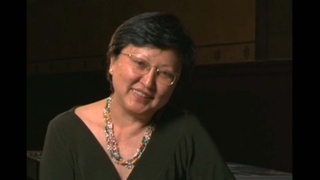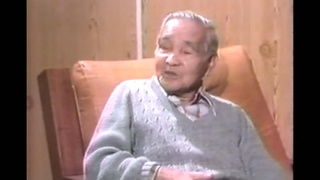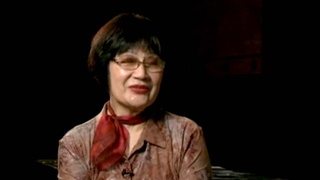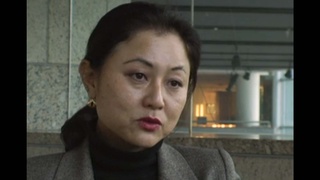Interviews
What made your parents decide to move to Brazil?
My father's family had seven members, but at one point five of them went to Brazil. There was a girl called Ninomiya Koto, who was my father's older sister. Then there was Ninomiya Tokuichi, who was two years older than my father. All of these people went to Brazil in 1926 or 1927 as part of the family of my uncle, Kumatsu Harumi.
So, Ninomiya Koto married a man named Shimuta, who was from Fukuoka Prefecture, in Brazil.
The Shimuta couple, who came to Japan at the end of 1952 or the beginning of 1953, seemed to be incredibly wealthy, and when they saw our lifestyle, they must have said something like, "You'd be better off in Brazil. Japan had already lost the war, and there was no future for Japan, so come to Brazil and you'd be able to live a good life." So, how should I put it, my parents were persuaded by their words and said, "Well, then, let's go to Brazil."
We left Yokohama on a ship called America Maru on November 28, 1953, and arrived in Santos on January 16, 1954.
Date: September 19, 2019
Location: California, US
Interviewer: Yoko Nishimura
Contributed by: Watase Media Arts Center, Japanese American National Museum






